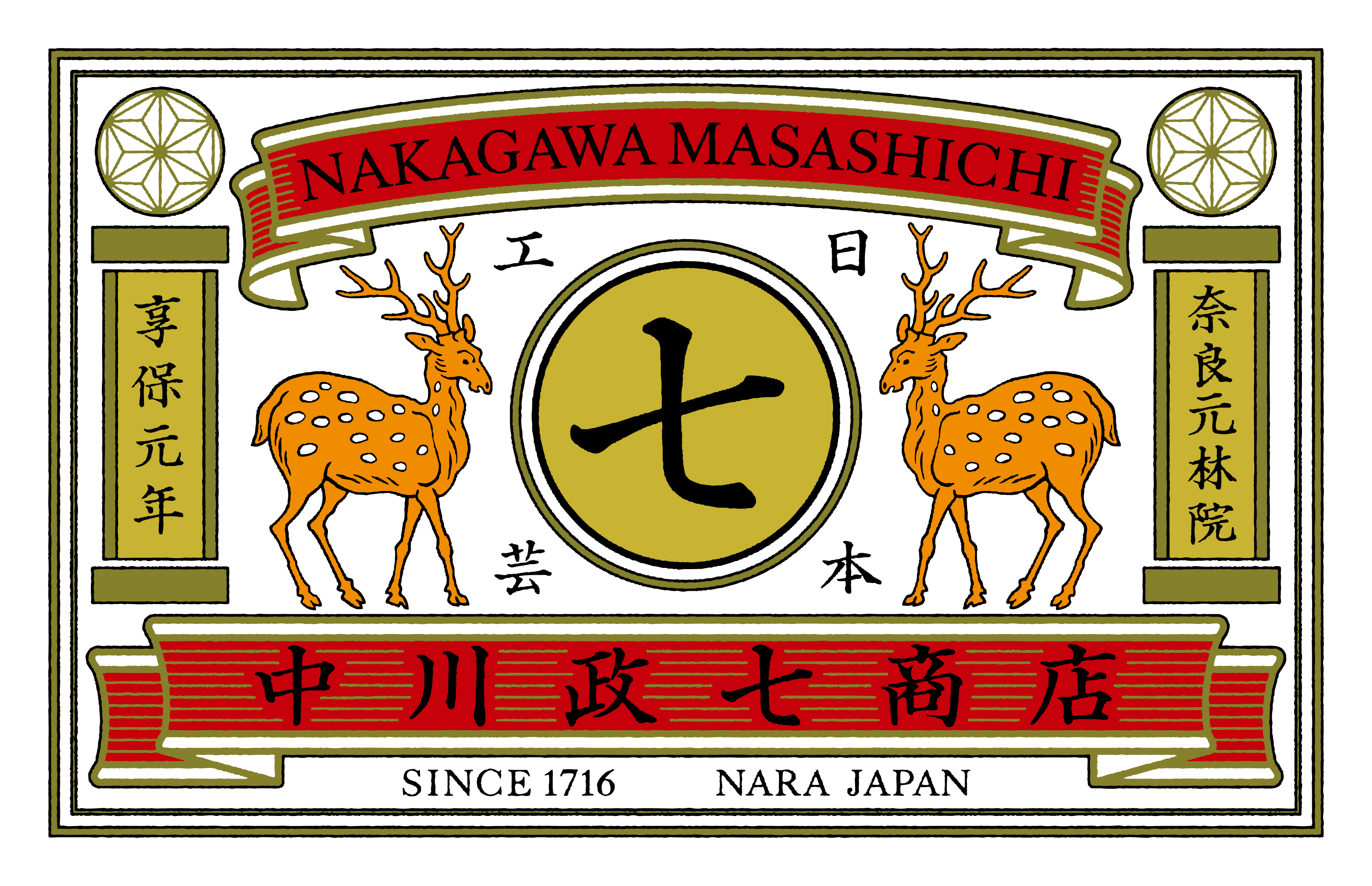

Nakagawa Masashichi Shoten Co.,Ltd.

1.6
Nara Prefecture, Japan
July 2025
General stores
Wholesale/Retail
Japan
Founded in 1716 in Nara, Japan, Nakagawa Masashichi Shoten began as a merchant of Nara-Sarashi ramie cloth and has grown into one of Japan’s leading heritage craft companies. Today, they blend Kogei craftsmanship with contemporary design to create beautiful, practical home goods. Guided by our vision—“Revitalizing Japanese Crafts”—thier manufacturing is driven by a deep respect for these values. In its core manufacturing–retail (SPA) business, we collaborate with over 800 artisans across ceramics, textiles, metalwork, woodcraft, and lacquerware, operating more than 60 directly managed stores in Japan. This business model enables small-scale manufacturers to sustain stable production and fosters a positive cycle that allows Japanese crafts to be passed on to future generations. Through its Craft Industry Support Division, we also provide management and distribution support to craft manufacturers across Japan. Its mission is to foster self-reliant makers and help each craft region cultivate a standout, leading brand. By advancing both its manufacturing–retail business and its industry support initiatives, Nakagawa Masashichi Shoten continues its journey toward a future where Japan remains a thriving craft nation 100 years from now.
Overall B Impact Score
Governance 10.7
Governance evaluates a company's overall mission, engagement around its social/environmental impact, ethics, and transparency. This section also evaluates the ability of a company to protect their mission and formally consider stakeholders in decision making through their corporate structure (e.g. benefit corporation) or corporate governing documents.
What is this? A company with an Impact Business Model is intentionally designed to create a specific positive outcome for one of its stakeholders - such as workers, community, environment, or customers.
Workers 26.1
Workers evaluates a company’s contributions to its employees’ financial security, health & safety, wellness, career development, and engagement & satisfaction. In addition, this section recognizes business models designed to benefit workers, such as companies that are at least 40% owned by non-executive employees and those that have workforce development programs to support individuals with barriers to employment.
Community 22.6
Community evaluates a company’s engagement with and impact on the communities in which it operates, hires from, and sources from. Topics include diversity, equity & inclusion, economic impact, civic engagement, charitable giving, and supply chain management. In addition, this section recognizes business models that are designed to address specific community-oriented problems, such as poverty alleviation through fair trade sourcing or distribution via microenterprises, producer cooperative models, locally focused economic development, and formal charitable giving commitments.
Environment 11.3
Environment evaluates a company’s overall environmental management practices as well as its impact on the air, climate, water, land, and biodiversity. This includes the direct impact of a company’s operations and, when applicable its supply chain and distribution channels. This section also recognizes companies with environmentally innovative production processes and those that sell products or services that have a positive environmental impact. Some examples might include products and services that create renewable energy, reduce consumption or waste, conserve land or wildlife, provide less toxic alternatives to the market, or educate people about environmental problems.
Customers 13.3
Customers evaluates a company’s stewardship of its customers through the quality of its products and services, ethical marketing, data privacy and security, and feedback channels. In addition, this section recognizes products or services that are designed to address a particular social problem for or through its customers, such as health or educational products, arts & media products, serving underserved customers/clients, and services that improve the social impact of other businesses or organizations.
What is this? A company with an Impact Business Model is intentionally designed to create a specific positive outcome for one of its stakeholders - such as workers, community, environment, or customers.